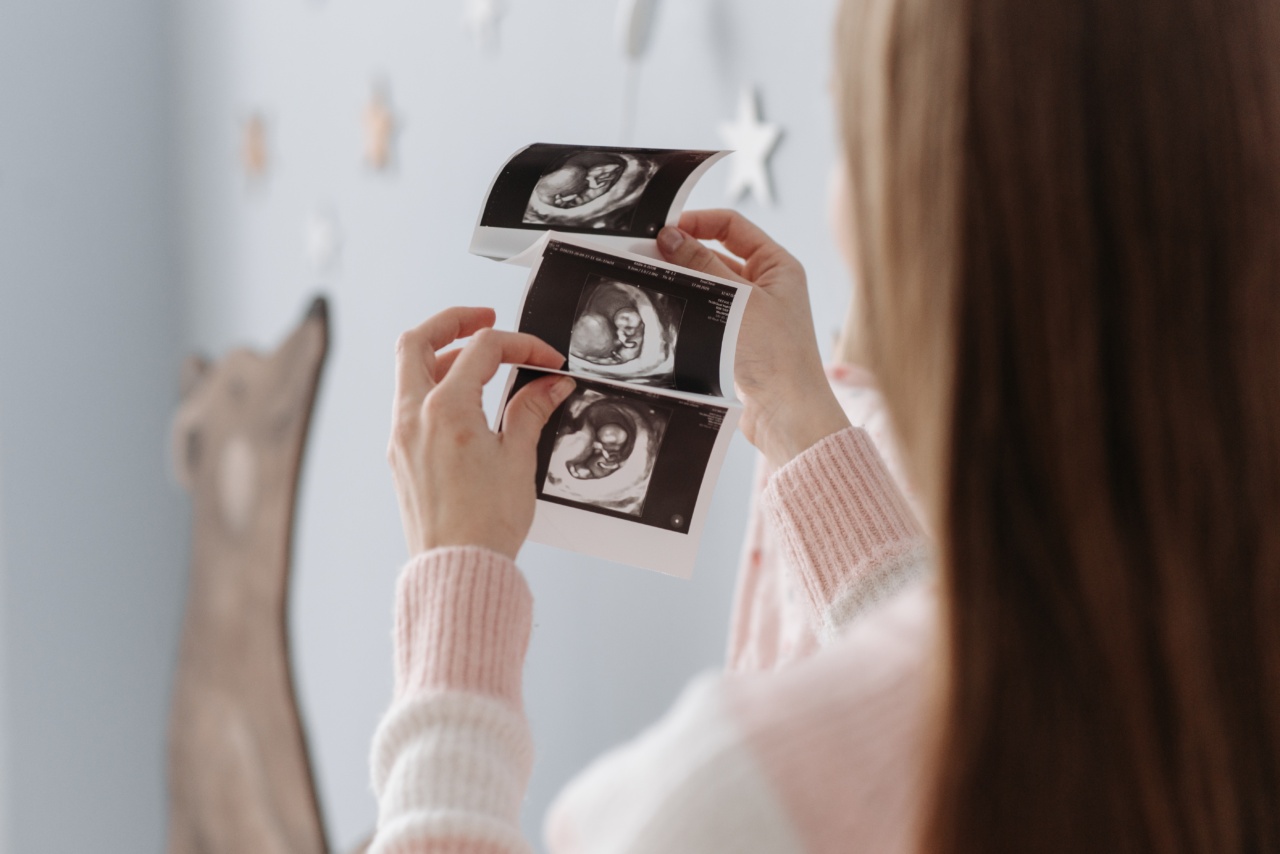Pregnancy is a beautiful stage in a woman’s life, but it can also be challenging. With the advances in healthcare, women who are older than 35 can also have a healthy pregnancy. However, there are still some risks involved.
Here are the reasons why women over 35 are at higher risk of pregnancy complications:.
1. Decreasing Fertility
As women age, their fertility decreases. At the age of 35, a woman’s fertility starts to decline, and by the age of 40, the chance of becoming pregnant is less than 5% per cycle.
With decreasing fertility, the chances of getting pregnant decrease, and therefore, it becomes harder to conceive naturally.
2. Increased Risk of Chromosomal Abnormalities
Women over 35 are at a higher risk of chromosomal abnormalities in their unborn baby. The risk of having a baby with Down syndrome increases from 1 in 1,200 at age 25 to 1 in 350 at age 35 and to 1 in 100 at age 40.
The risk of having a baby with other chromosomal abnormalities also increases as women age.
3. High Blood Pressure and Preeclampsia
High blood pressure is a complication that can occur during pregnancy. Women over 35, including those who have never had high blood pressure before, are at an increased risk of developing high blood pressure during pregnancy.
Preeclampsia is a severe form of high blood pressure that can result in serious complications for both the mother and the baby. Women over 35 also have an increased risk of developing preeclampsia.
4. Gestational Diabetes
Gestational diabetes is a type of diabetes that develops during pregnancy. Women over 35 have an increased risk of developing gestational diabetes due to changes in their bodies during pregnancy.
Gestational diabetes can cause complications for both the mother and the baby if left untreated.
5. Multiple Pregnancies
As women age, they are more likely to conceive twins or multiples. Multiple pregnancies increase the risk of pregnancy complications, both for the mother and the babies.
Women aged 35 and above are at increased risk of multiple pregnancies due to the use of fertility treatments.
6. Preterm Labor
Preterm labor is the onset of labor before 37 weeks of pregnancy.
Women over 35 are at an increased risk of preterm labor due to several factors, including underlying medical conditions that can complicate pregnancy, such as high blood pressure and diabetes.
7. C-Section
Cesarean section or c-section is a surgical delivery of a baby. Women over 35 may be at increased risk of c-section delivery due to pregnancy complications such as gestational diabetes, high blood pressure, and preterm labor.
Additionally, age-related changes in pelvic muscles can make vaginal delivery more challenging.
8. Miscarriage
As women age, the risk of miscarriage increases. The risk of miscarriage is less than 15% for women in their 20s but increases to over 50% for women over 40.
Miscarriage can occur due to chromosomal abnormalities in the fetus, but it can also occur due to other factors such as underlying health conditions.
9. Stillbirth
Stillbirth is the death of a fetus after 20 weeks of pregnancy. Women over 35 are at an increased risk of stillbirth compared to women in their 20s.
Stillbirth can occur due to underlying health conditions or complications during pregnancy, such as preeclampsia and gestational diabetes.
10. Postpartum Depression
Postpartum depression is a mood disorder that can occur after giving birth.
Women over 35 are at an increased risk of developing postpartum depression due to several factors, including hormonal changes and underlying health conditions that can complicate pregnancy. Postpartum depression can affect the mother’s ability to care for herself and her baby.




























